We were surprised how quickly it took Android to overtake the iPhone in device sales, and now the same thing is starting to happen on the tablet front. Prestigious firm Gartner’s latest numbers show tablet sales grew 68% in 2013, with the large-sized slates moving a whopping 195.4 million units to consumers. So who were the big winners in all that?
If you guessed Apple, well, for the first time ever you’d be wrong. It’s actually Android, as the world-renowned platform enjoyed 62% of the pie compared to Apple’s 36%. Gartner originally predicted Apple would enjoy a comfortable lead until 2015, but as we’ve seen on the phone side of things analysts can be quite conservative. Microsoft doesn’t seem worth mentioning with 2.1% at first glance, but that did equate to about 4 million units.
So what was the reasoning? It’s simple, really — cheaper tablets, and a good abundance of them. The cheapest current-gen flagship iPad costs $500, while you can get some Android tablets for under $100. Even powerful, capable tablets like the Nexus 7 only cost a little over $200. That’s not to mention Samsung’s long string of Galaxy Tab and Note devices filling out nearly every budget there is.
Despite all that, though, Apple is still the most successful overall vendor out of everyone who sold tablets last year. They were responsible for 70.4 million units and 36% of the share, while the next closest — Samsung — sold 37.4 million for 19.1%. ASUS, Amazon, and Lenovo rounded out the list with 5.6%, 4.8%, and 3.3% respectively. As for everyone else? They were all lumped into the dreaded “other” category that made up the other 31% of tablet sales on the year.
“In 2013, tablets became a mainstream phenomenon, with a vast choice of Android-based tablets being within the budget of mainstream consumers while still offering adequate specifications,” said a research director at Gartner.
“As the Android tablet market becomes highly commoditized, in 2014, it will be critical for vendors to focus on device experience and meaningful technology and ecosystem value — beyond just hardware and cost — to ensure brand loyalty and improved margins.”
Gartner is right, and many manufacturers have already started approaching their strategies with that mindset. Whether you’re looking at Samsung’s latest TabPro and NotePro devices or the Sony Xperia Z2 Tablet, OEMs left and right are beginning to create compelling experiences that can only be made up of the right combination of capable hardware, sensible software, and affordable price.
We’ve already highlighted some of those devices in our Best Android Tablets feature for March 2014, and we’re sure to be in store for many more as the months move on. We’d be surprised if Android tablets didn’t gain an even bigger lead in 2014 with all the momentum they’ve enjoyed lately, and we imagine it won’t be long before we see other major players — such as HTC and Motorola — hop back into the scene now that the market has matured. Head to Gartner’s site for the full numbers.
[via iSource]


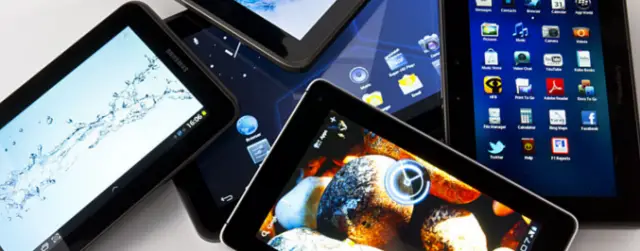
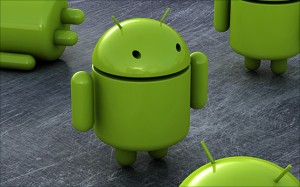
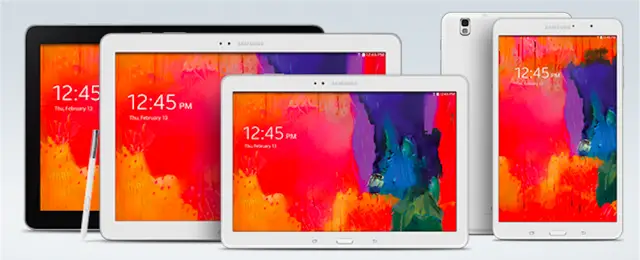
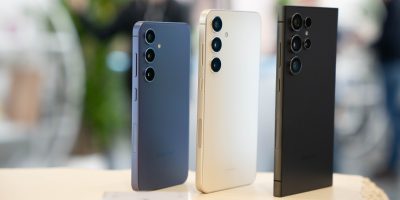
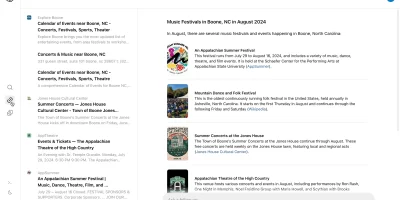
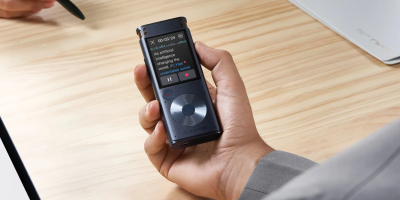






They should only count modern Android devices, anyone who bought one of the many “budget” tablets are likely not using them because they provide an absolutely horrid user experience. Because of that experience a lot of people are going to skip on Android next time and save up to buy an iPad or Windows Tab. I have seen this a few times in just my circle so I know it is a lot more common in others. All of these crap Android devices with horrid experiences are just going to hurt the ecosystem and scare people off, too bad it can’t be controlled…
How is it hurting the eco system? It’s not like chevy is hurt by people buying the cobalt over a camaro? Crappy hardware will always exist and people should know that you get what you pay for. Luckily Android is going to get better and better and provide the users with the graphical and functional part needed, it’s just that these shitty tablets are going to make things slower.
They are hurting the ecosystem by causing people to falsely think that those experiences offered on such low end poor out dated devices are Android. A LOT of people actually think Android is a very poor experience because they have only used those type of devices.. I am meaning like Kodak tablets huawei cricket phones.. They try these and say screw this and then they are back to iPhone, that is how it hurts the ecosystem.
Also there are plenty of people that have owned an early 90’s Nova that will never buy a Chevy again because of it.
I think your argument makes sense. People aren’t tech-savvy enough to realize the experience sucked because of the cheap hardware; they think, “Android sucks!”. You are correct in your other assumption, though: there’s no way of controlling it. It is what it is. It’s not like people are dying because they went out and bought an iPad. Heck, as a technology teacher, I have recommended this to many people, simply because (a) they needed the simplicity of a controlled interface, and (b) I won’t have to worry about supporting them, as I’m an Android guy! :D
I heard the Motorola Zoom was an excellent tablet during it’s time. I’d love to try a remake of one.
Although I despise the whole idea of proprietary connectors, I’ve just about had it with buying any more micro USB devices for my kids. They are pretty heavy tablet users, and I just can’t seem to get more than a year out of any android tablet without the micro usb connector becoming too lose to charge anymore. I hate to go to Apple, but I’d save money vs having to buy a new tablet every year.
what tablets are they using?
Nexus 7 and Kindle fire.
Too bad your devices didn’t last very long w/o the micro usb connector going bad. I’ve been using Android phones for several years in a stretch i.e. my note1 and the connector is fine. Charging it approx every day. But I’m with you on the fact that the connector needs an overhaul, maybe improve it with some magnetic properties to make them suitable for kids to use.
Wireless charging FTW! I can’t remember the last time I plugged in my Note 3 or Nexus 7 for any reason whatsoever.
My Palm phones were all wireless charging, with their cool magnetic bases. I miss that terribly. Love my One, but wish I could just set it on its dock, at night!
You need a tablet with wireless charging.
Wireless charging to the rescue!
This is great news. Hopefully the trend continues
It is inevitable that the trend will continue.
I could see this was coming in 2009. It’s like Windows vs Mac all over
again. One ecosystem where all OEMs can manufacture devices — but this
time the OS is open source, although Google attaches strings to its
apps. The other ecosystem has devices at premium prices, made by only
one company.
Now one can argue whether the premium
price is for a premium product, just as with expensive automobiles. But
the reality is that the common man does not drive those expensive
cars. Further in support of the car analogy, one type of car comes from
all OEMs, in many sizes, styles, colors, feature sets, and prices,
where the other car comes from one manufacturer in one size and style,
and only recently in a limited range of colors.
Now why wouldn’t this trend continue?
Watch next week there will be article about ipads beating android tablets. It never ends.
Android devices are preferred 2 to 1 over dog chew toys that run iOS.
(Carefully protecting my Nexus 7 to keep it safe.)
Ridiculous.
What? You don’t think dogs like to chew on things? Especially if they are expensive?
So even as inexpensive as it is, the Nexus 7 has almost no market share? I mean, if Asus has 5.4 percent and they make at least a half dozen tablets including the Nexus 7 why are so few people buying one? Poor marketing? Size? For me it was the poor (low volume) sound quality both from speakers and headphones. Sze was also a factor as I prefer 8″ tablets. Still, I’m surprised it hasn’t done better given the price and specs.
Marketing, the nexus 7 has very little marketing, the Samsung tab 7 sell better then the nexus 7 and we all know what a POS that one is .
I have both a Nexus 7 and a Surface rt. I think they are both great for their intended uses and will probably continue to have my bigger tablet be Microsoft based. It just makes going from my desktop to laptop to tablet a seamless experience because I’m using all the same productivity apps.